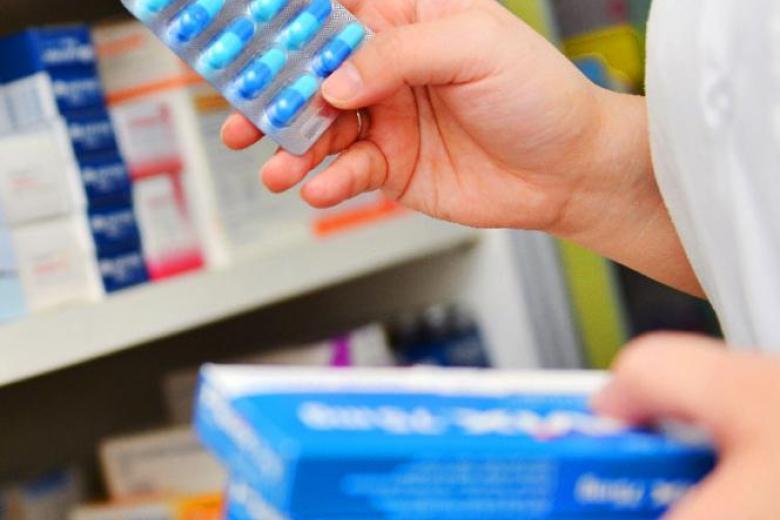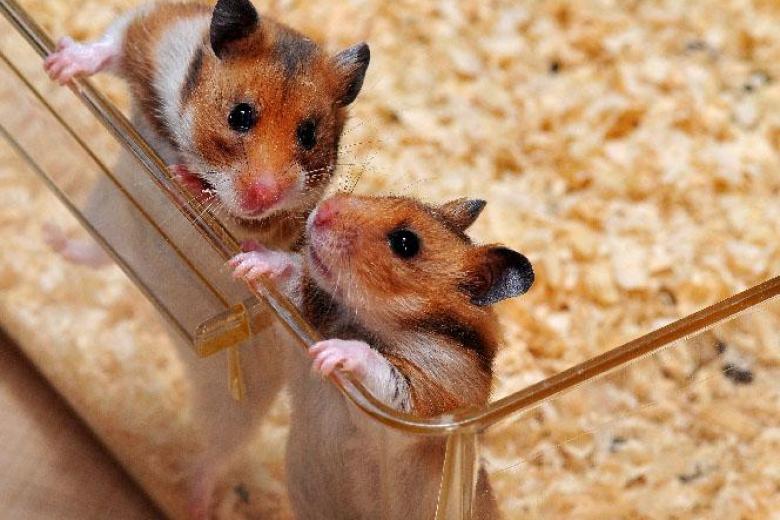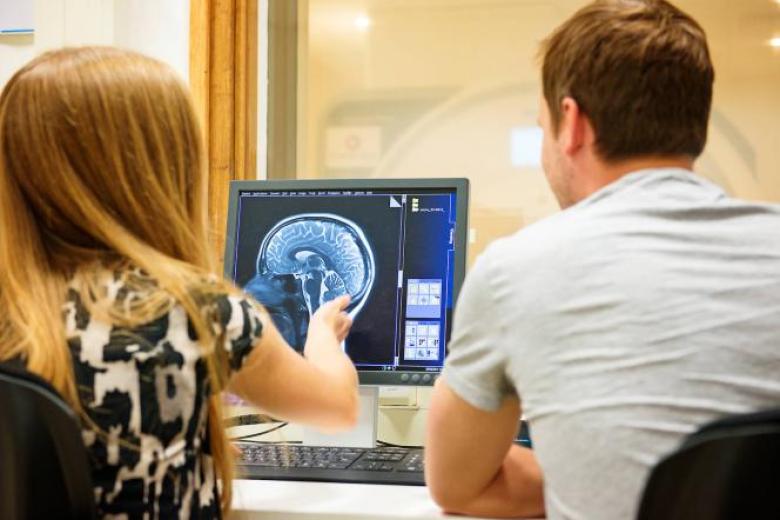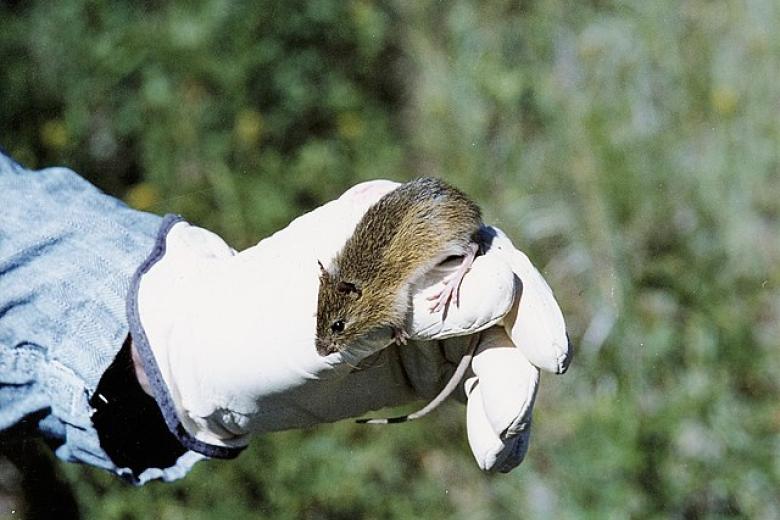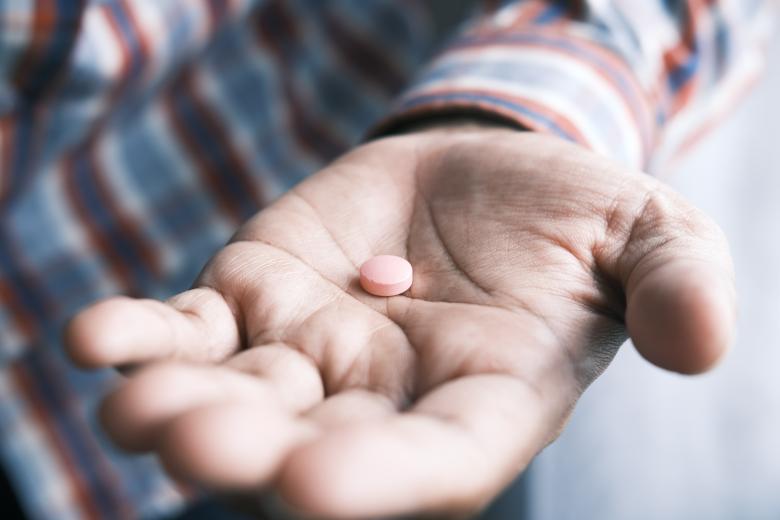Animal experiments
All medicines we have today — both for people and for animals —have been developed with the help of animal testing. The same applies to medical treatments such as radiation and surgical techniques. The development of new medicines or the improvement of existing treatments is still dependent on animal testing. Scientists are even legally required to first test new treatments in at least two different test animal species before they can start a human study.
Legislation and regulation of animal testing
There are strict laws and regulations regarding animal testing. In the European Union, the use of animals for scientific research is only permitted if there is no other option. Moreover, there is a European directive with rules to protect laboratory animals in Europe, which all member states of the European Union must incorporate into their national laws and regulations. In the Netherlands, this is the Animal Testing Act (Wod, 2014); the Animal Testing Resolution; and the Animal Testing Regulation.
Only institutions with a license are allowed to conduct animal testing. In the Netherlands, these are primarily universities and other research centres. Maastricht University (UM) complies with the Animal Testing Act and follows the Code of Conduct of the Central Authority for Scientific Procedures on Animals (CCD), as well as the Code of Transparency in Animal Testing (COD). This code has been drawn up to give concrete guidelines for addressing the widely held view in society that transparency regarding animal testing is desirable and necessary.
Assessment
A license is required for each study involving animal testing. Every research application must include an ethical assessment to weigh the potential burden on animals against the expected research results. Multiple parties are involved to ensure careful consideration.
Researchers must submit a proposal explaining why alternative methods cannot be used and how animal distress is minimised. The Animal Welfare Body (IvD) assists with the application, which is then reviewed by the Animal Ethics Committee (DEC) for ethical and scientific aspects. The DEC advises the Central Authority for Scientific Procedures on Animals (CCD), which grants or rejects the license. Approved experiments are monitored by the IvD to ensure compliance with approved procedures.
A license is required for each individual study. In addition to a scientific assessment, every research application must include an ethical assessment which examines whether the potential burden on the animals outweighs the expected results of the research. Multiple parties are involved in the process of applying for this license, so that all considerations are weighed carefully.
For each study involving animal testing, a research proposal that must meet a number of conditions is required to be submitted by the researcher(s). The researcher must explain why the research cannot be conducted using an alternative method (replacement) or fewer animals (reduction), as well as how the distress of the animals is minimized (refinement).
The Animal Welfare Body (IvD) helps the researcher with the license application. This application is submitted to the Animal Ethics Committee (DEC). The DEC assesses the application for ethical and scientific aspects and provides advice to the Central Authority for Scientific Procedures on Animals (CCD): the governmental organisation that has exclusive authorisation to grant licenses for animal testing in the Netherlands. The CCD then grants the license or rejects the application. After approval of the test application, the experiments are supervised and monitored by the IvD to ensure compliance with the approved procedures and specifications.
A non-technical summary (NTS) must accompany every license application for a study that involves animal testing. This contains the objectives of the study, a substantiation of the use of animals, and the expected negative consequences for the welfare of the animals, including the application of the 3 Rs (replacement, reduction and refinement). The NTS must be written in layman's terms so that it can be read by a wide audience. The Central Authority for Scientific Procedures on Animals (CCD) publishes this summary without attributing the name(s) of the applicant(s). This way, the use of animal testing in the Netherlands is made transparent without violating intellectual property rights or privacy.
Researchers on animal testing
Animal research at UM
Research using animal testing is carried out at UM by the Faculty of Health, Medicine and Life Sciences (FHML) and the Faculty of Psychology and Neuroscience (FPN). The Central Animal Testing Facilities (CPV) provides the facilities necessary to carry out this research.
At UM, scientific research is only conducted on mice, rats, rabbits, pigs, goats, sheep, zebrafish and sometimes guinea pigs and hamsters. On average, 95% of the animals are mice and rats. The number of animals used for testing is available in the Dutch Food and Consumer Product Safety Authority’s (NVWA) annual publication in Zo Doende (in Dutch).
UM scientists are also working on alternatives to animal testing. Because it is expected to take several decades before alternatives are fully viable, UM is currently investing in a new lab animal facility to improve the quality of life of the animals and the quality of research.
| Species | Amount | Percentage |
|---|---|---|
| Mice | 1718 | 63,3 |
| Rats | 766 | 28,2 |
| Rabits | 84 | 0,03 |
| Pigs | 15 | <0,01 |
| Goats | 9 | <0,01 |
| Sheep | 114 | 0,04 |
| Zebrafish | 8 | <0,01 |
| Totaal | 2714 |
Source: Zo Doende, 2021, NVWA
Alternatives
Good alternative methods have already been developed that complement animal testing. However, in many fields, alternative methods and animal testing will need to coexist for many years in order to continue making progress in (bio)medicine. Particularly in biomedical issues where the immune system or nervous system play a significant role, the complexity of the living organism cannot yet be simulated by alternative methods. Organisations from the government, science, industry and civil society together look for methods that replace, reduce and refine animal testing. Over the past decades, the number of animals used for experimentation has significantly decreased, and the living conditions for animals have been greatly improved (see also the interview with Andreas Teubner, Head of CPV).
Every application for animal experiments submitted to the Central Committee for Animal Experiments (CCD) must justify how they comply with these 3r’s.
Replacement
More and more animal testing is being replaced by alternative methods, for example by computer simulations that mimic biological processes in the human body. Or through research in which human tissue can be used.
Reduction
Reduction is about using as few animals as possible in every experiment. For example, by using data from previous studies. Additionally, new research methods yield more data from fewer animals. At the UM, a method has been developed to double the number of heart cells that can be obtained from a test subject (rat) through a technical improvement in perfusion. As a result, the number of animals used in experiments can be reduced by half.
Refinement
Refinement involves minimizing the discomfort that animals may experience before, during, or after the research. The animals are provided with pain relief medication, and their living conditions are adjusted to allow them to exhibit natural behaviors as much as possible. When feasible, the experimental design ensures that the laboratory animals are kept together and provided with companionship.
Additional resources in English and Dutch
- The Basel Declaration
- Understanding Animal Research
- Speaking of Research
- Stichting Informatie Dierproeven
- Brochure: dierproeven zo doen ze dat
- Nationaal Comité advies dierproevenbeleid (NCad)
- Centrale Commissie Dierproeven (CCD)
- Jaaroverzicht NVWA over dierproeven en proefdieren
- Rijksoverheid ‘Waarom dierproeven nodig zijn’
- Infopunt proefdierenonderzoek (België)
Contact
Andreas Teubner
Head central animal Facility
a.teubner@maastrichtuniversity.nl
